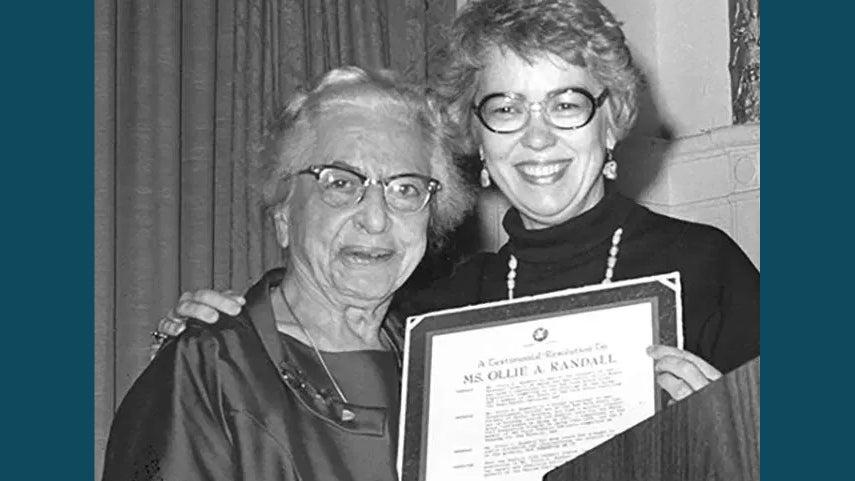Priorities for the White House Conference: Why the Administration Needs to Examine the Root Cause of Hunger and Poverty in Older Adults

Related Topics
More than 50 years ago, the first White House Conference on Food, Nutrition, and Health elevated hunger as a national priority and influenced federal food and nutrition policy for years to come. Since that seminal event, much has changed, and more work remains to be done.
Why the Biden administration needs to create a holistic plan to end hunger and poverty for older adults
NCOA was pleased to endorse bipartisan legislation calling for a convening of a new White House Conference to examine the realities and opportunities of the 21st Century and “create a holistic, whole-of-government plan to end hunger and nutrition insecurity.” As Americans continue to live longer, the number of individuals living into their 80s, 90s, and beyond grow exponentially.
The time is long overdue to commit public and private resources to proven efforts to raise awareness and facilitate policy change to provide equitable access to food and nutrition security, diet quality, and healthy aging across the lifespan.
We're calling upon the administration to enlist a comprehensive approach to the Conference. It must remain true to the Congressional mandate to examine the root causes of hunger and malnutrition, assess the impacts on health and the prevalence of chronic disease, identify the challenges inherent in these issues, and commit to the means for addressing these challenges.
To that end, we believe the Conference must:
- Address poverty-related hunger and its root causes as well as food literacy. Engage older adults with lived experience and expertise in hunger, poverty, and nutrition program participation in meaningful ways;
- Identify challenges and solutions by enlisting the perspectives of people from different backgrounds and walks of life in the development of:
- Assurances that food can be readily accessible, affordable, and align with individual dietary preferences;
- Strategies to reduce food insecurity security,improve diet quality, and support managing chronic conditions;
- Modernized dietary guidelines and federal nutrition policy which ensure diet quality and appropriate education and programs are relevant;
- Build and leverage political will by convening cross-sector stakeholders to build widespread and bipartisan support for ending hunger;
- Promote sustainability by empowering older adults with tools and skills-building for proper cooking, safe storage, enjoyment, and distribution in the household to all family members from youth to older adults; and
- Create a national action plan to end hunger and improve nutrition security in America by 2030, consistent with the United Nations Sustainable Development Goal of Zero Hunger. Essential strategies include:
- Economic policies that promote the development and access to quality jobs, wages, and benefits for low- and moderate- income households, address employment discrimination, and shared prosperity;
- Modernize poverty measures, asset tests, and food insecurity screening tools;
- Improve and support collaboration of government income support programs for struggling families and individuals;
- Expand and strengthen the federal nutrition programs;
- Target and tailor supports, including making permanent various proven approaches to simplify access and expand benefits for food insecure fixed-income older adults;
- Work alongside states, localities, and nonprofits to expand and improve participation in federal nutrition and other government support programs; and
- Make sure all families and individuals have convenient access to reasonably priced, safe, culturally acceptable, and healthy food.
We are at a pivotal moment in time. The time is now to implement bold, innovative, and multi-sector solutions to end hunger and food and nutrition insecurity for older adults.



